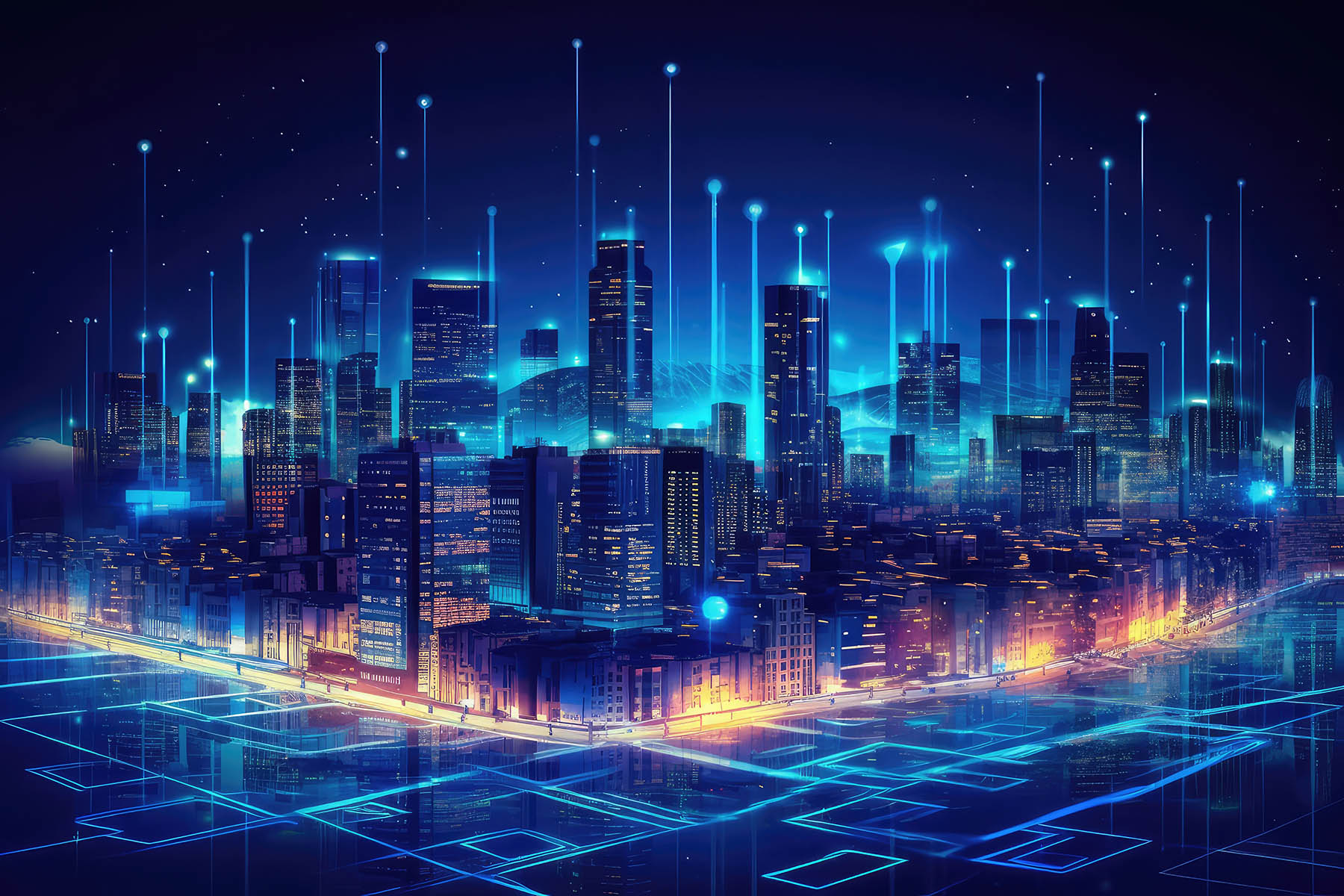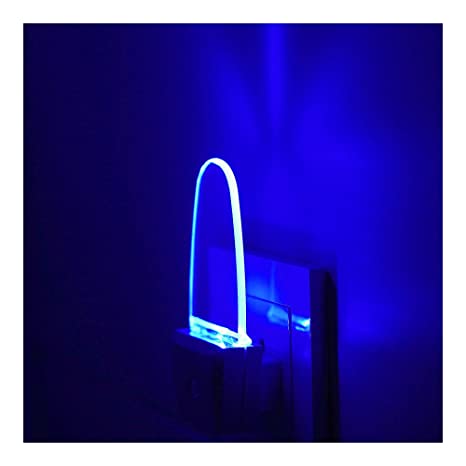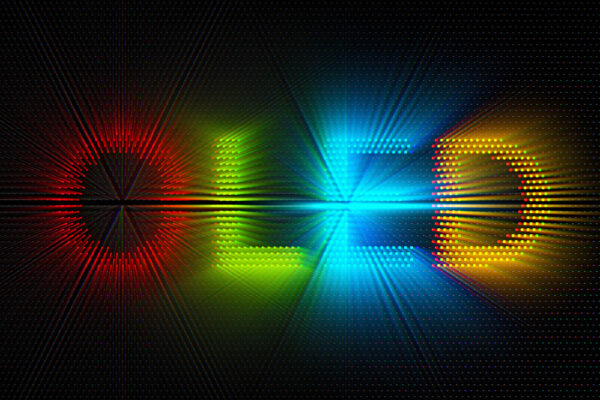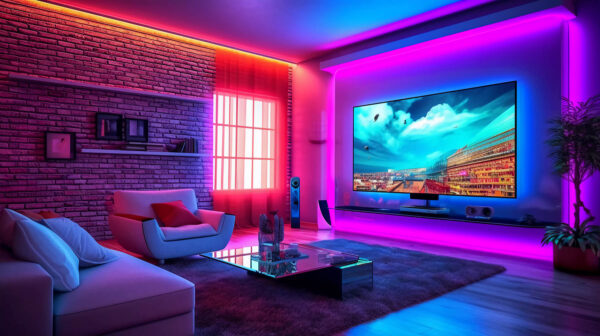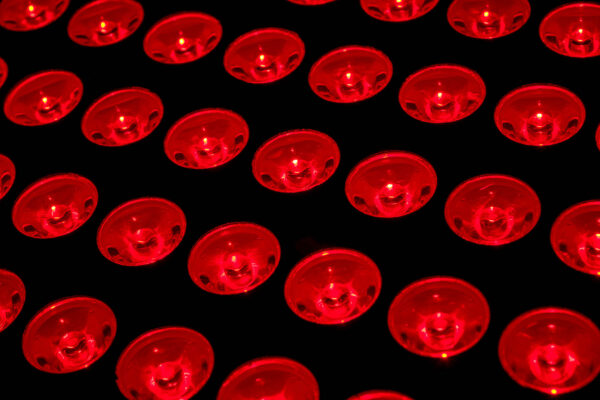LEDs: The Foundation of Smart Urban Lighting
The integration of LED technology is fundamental in smart city development, particularly in the realm of urban lighting. LEDs offer unparalleled energy efficiency, longevity, and versatility compared to traditional lighting solutions, making them an ideal choice for citywide lighting systems. Their integration into streetlights, traffic signals, and public spaces not only reduces energy consumption but also lowers maintenance costs. This shift to LED lighting is a key step towards creating more sustainable and cost-effective urban environments, laying the groundwork for the broader adoption of smart city technologies.
Enhancing Energy Efficiency in Smart Cities with LEDs
One of the most significant contributions of LEDs in smart city development is the enhancement of energy efficiency. Cities consume a substantial amount of energy, and lighting is a major component of this consumption. By switching to LED lighting, cities can drastically reduce their energy usage. LEDs consume significantly less power than traditional bulbs and have a much longer lifespan, leading to reduced energy costs and lower carbon footprints. This energy efficiency is not only beneficial for the environment but also for the economic health of cities, freeing up resources for other critical urban development projects.
Intelligent Lighting Systems: The Role of LED Technology
Intelligent lighting systems, powered by LED technology, are revolutionizing urban landscapes. These systems go beyond basic illumination; they can be integrated with sensors and connected to a city’s network to provide adaptive lighting. This means that the intensity and color of LED lights can be adjusted based on real-time data, such as traffic flow, pedestrian presence, or weather conditions. This adaptive capability significantly enhances public safety, improves urban aesthetics, and contributes to energy savings, showcasing LEDs’ pivotal role in the smart city infrastructure.
LEDs in Urban Environmental Sustainability
LEDs play a crucial role in advancing urban environmental sustainability. In smart city development, sustainability is a key goal, and LED lighting is a practical solution to achieve it. By reducing energy consumption and minimizing light pollution, LEDs contribute to a more environmentally friendly urban environment. They also provide better light quality, which improves visibility and safety while reducing the city’s ecological footprint. The adoption of LED lighting is a step towards meeting the environmental challenges faced by modern cities, promoting a greener and more sustainable urban future.
Connectivity and Integration of LED Lighting in Smart City Systems
The connectivity and integration of LED lighting in smart city systems are vital for realizing the full potential of urban technological advancements. LEDs can be integrated into the Internet of Things (IoT), allowing them to communicate with other devices and systems within the city. This connectivity enables the collection and analysis of data, informing city planning and management decisions. LEDs can be used to monitor environmental conditions, manage traffic, and enhance public safety, all while providing efficient lighting. This level of integration positions LEDs as a cornerstone in the development of interconnected and intelligent urban ecosystems.
Economic Benefits of Adopting LED Technology in Cities
The economic benefits of adopting LED technology in cities are substantial. While the initial investment in LED lighting may be higher than traditional lighting, the long-term savings are significant. Reduced energy consumption and lower maintenance requirements lead to considerable cost savings for city administrations. Additionally, the improved lighting quality and reliability of LEDs can boost local economies by enhancing the appeal of public spaces, supporting local businesses, and attracting tourists.
LEDs Illuminating the Path to Smart Cities
In conclusion, LEDs are illuminating the path to smart cities, playing a critical role in their development. Their energy efficiency, adaptability, and integration capabilities make them an essential element in creating sustainable, safe, and connected urban environments. As cities continue to grow and evolve, LED technology will undoubtedly be at the forefront of this transformation, driving progress towards more intelligent and efficient urban living.

